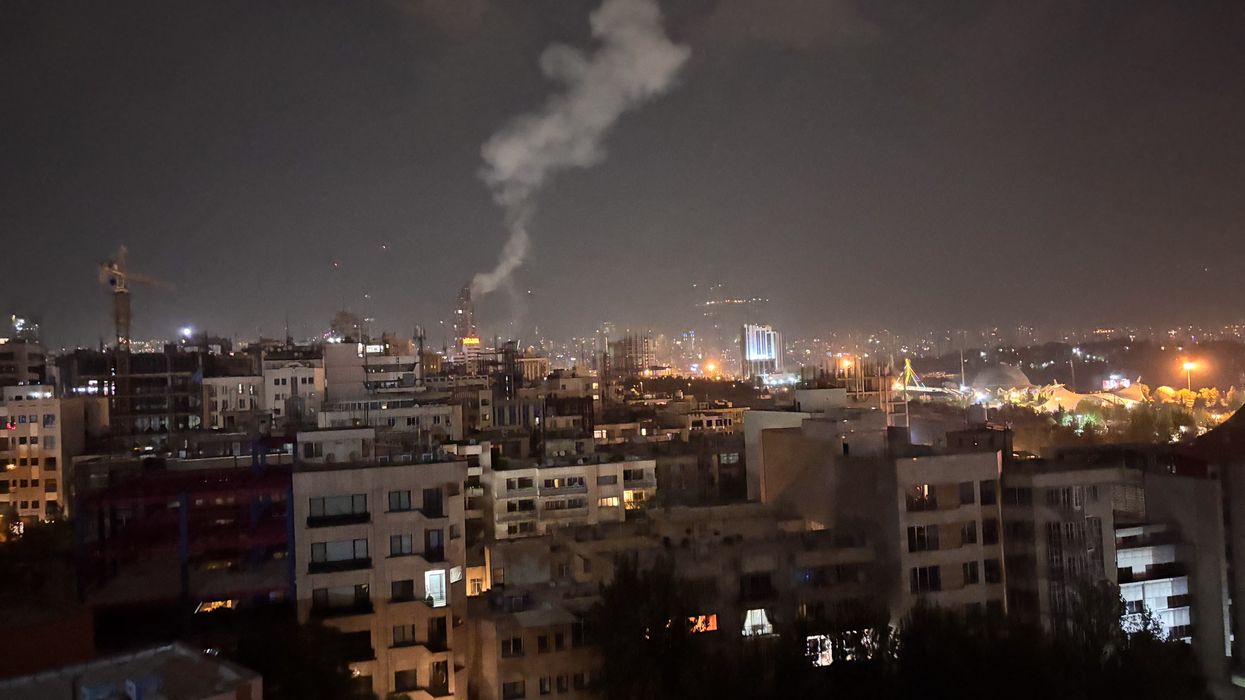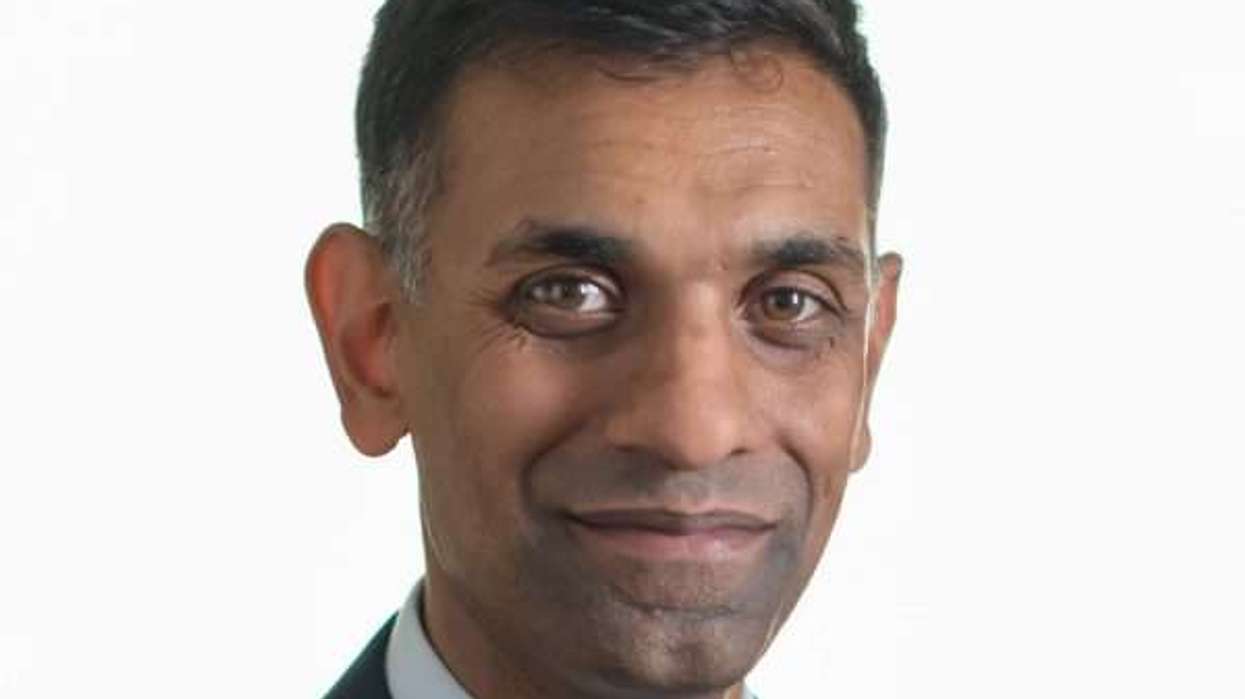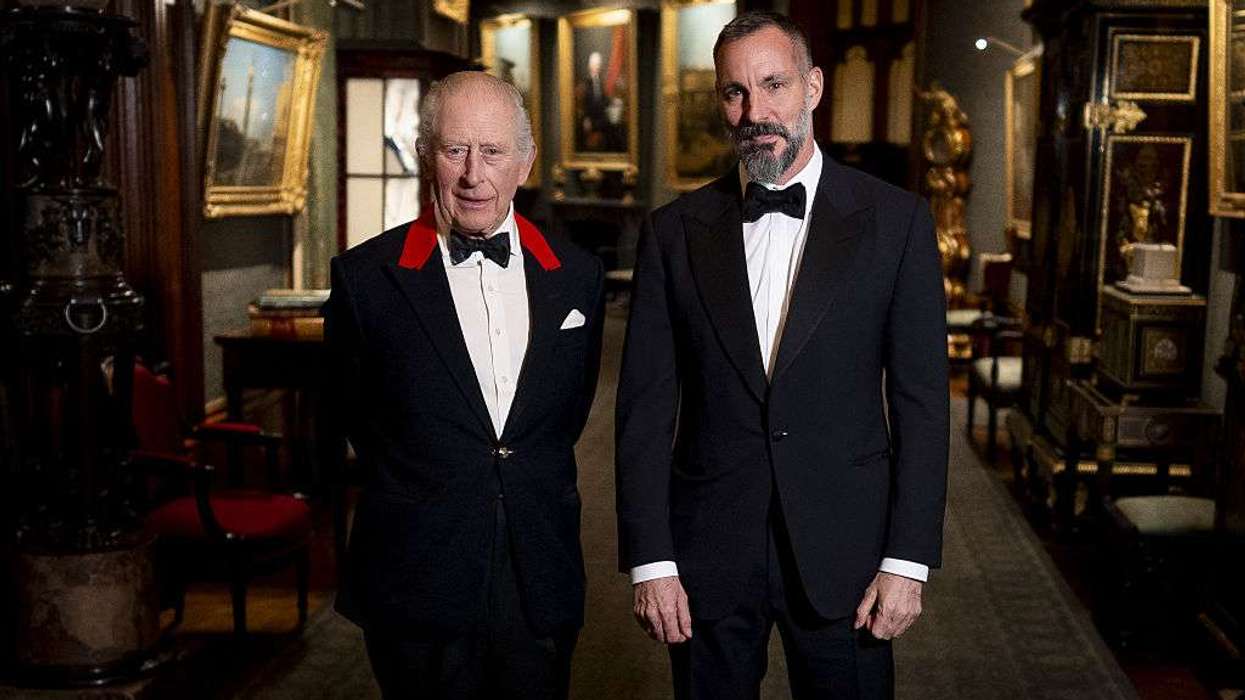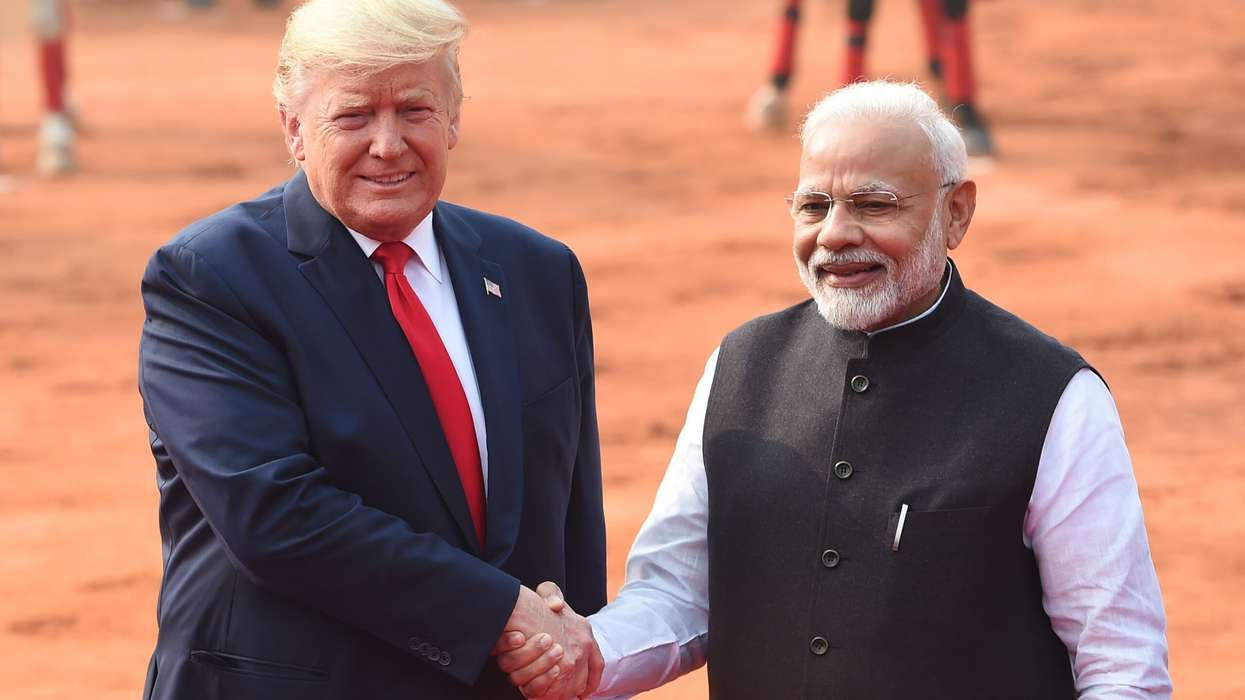ISRAEL carried out a series of airstrikes on Iran on Friday, targeting nearly 100 locations, including nuclear sites and military command centres. The strikes killed senior officials, including the armed forces chief and top nuclear scientists, according to Iranian reports.
In response, Iran’s supreme leader Ayatollah Ali Khamenei said Israel would face a "bitter and painful" outcome. The Iranian military said there would be "no limits" to its response.
Later, Israel’s military said Iran launched about 100 drones in retaliation. The Israeli air force intercepted them outside its territory.
Jordan said it intercepted drones and missiles that had crossed into its airspace, while air raid sirens were heard in the capital, Amman.
US president Donald Trump told Fox News he had prior knowledge of the Israeli strikes, which involved 200 fighter jets. Trump said Tehran "cannot have a nuclear bomb".
The United States said it was not involved in the Israeli strikes and warned Iran not to target US personnel or assets.
Tehran, however, said the United States would be "responsible for consequences", arguing that the operation "cannot have been carried out without the coordination and permission of the United States".
Israeli prime minister Benjamin Netanyahu said the strikes hit the "heart of Iran's nuclear enrichment programme", including the atomic site at Natanz. He also confirmed nuclear scientists were among those targeted.
Netanyahu said the operations would "continue as many days as it takes". The Israeli military claimed intelligence indicated Iran was nearing the "point of no return" in its nuclear development.
Iranian media said the strikes killed the country’s highest-ranking military officer, Mohammad Bagheri, and the head of the Islamic Revolutionary Guard Corps, Hossein Salami.
Israel’s defence minister Israel Katz said, "The precise targeting of senior commanders of the Revolutionary Guards, the Iranian military, and nuclear scientists — all of whom were involved in advancing the plan to destroy Israel — sends a strong and clear message: those who work toward Israel's destruction will be eliminated."
AFP photos showed a large hole in a residential high-rise in Tehran, appearing to have been hit in a targeted strike.
Iranian state media reported civilian deaths, including women and children. Tasnim news agency said six nuclear scientists were killed.
Flights suspended
In Tehran, streets were largely empty except for long queues at petrol stations.
Flights were halted at Imam Khomeini International Airport in Tehran. Iraq and Jordan also closed their airspace and suspended flights.
Several Gulf airlines cancelled services to and from Iran, Iraq, Jordan, Lebanon and Syria.
Israel declared a state of emergency and shut its airspace. Defence minister Katz said the country was prepared for Iran’s expected retaliation.
Later, Jordan’s military said it had used its aircraft and air defence systems to intercept "a number of missiles and drones that entered Jordanian airspace".
Iran’s armed forces said there were "no limits in responding to this crime" and accused Israel of crossing "all red lines".
Oil prices rose while global stocks fell following the Israeli strikes. The developments came after Trump’s warning of a "massive conflict" in the region.
Trump had earlier said the US was drawing down staff in the Middle East due to threats from Iran to target American bases if war broke out.
He had also said that a deal on Iran’s nuclear programme was "fairly close", but warned that an Israeli attack could jeopardise it.
Speaking about a conversation with Netanyahu, Trump said: "I don't want them going in, because I think it would blow it." He added, "Might help it actually, but it also could blow it."
‘Within reach’
US Secretary of State Marco Rubio warned Iran against targeting US bases in response to the Israeli strikes, reiterating that Washington was not involved.
Iran had earlier warned that it could strike US bases in the region if conflict broke out.
The violence has cast uncertainty on a sixth round of talks scheduled between the US and Iran in Oman on Sunday. Trump said the US still hopes to "get back to the negotiating table".
The UN’s nuclear watchdog confirmed that Natanz was among the sites targeted and said it was "closely monitoring" the situation.
"The agency is in contact with Iranian authorities regarding radiation levels. We are also in contact with our inspectors in the country," said Rafael Grossi, head of the International Atomic Energy Agency (IAEA).
‘Extremist’
Israel, which relies on US support, views Iran as an existential threat.
Netanyahu has said Israel will act with less restraint since the 7 October 2023 attack by Hamas, which is backed by Tehran, and which triggered Israel’s large-scale operation in Gaza.
Since then, Iran and Israel have exchanged direct strikes for the first time.
In addition to Hamas, Israel has been fighting Iranian-backed groups Hezbollah in Lebanon and the Huthis in Yemen.
The United States, Israel, and Western allies have long accused Iran of seeking a nuclear weapon, which Iran has denied.
On Wednesday, the IAEA accused Iran of failing to meet its obligations. Israel renewed its call for international action.
Iran’s nuclear chief Mohammad Eslami called the resolution "extremist", and Iran said it would start a new enrichment site in a secure location.
Iran is currently enriching uranium to 60 per cent — higher than the 3.67 per cent limit under the 2015 nuclear deal and near the 90 per cent level required for a nuclear weapon.
(With inputs from agencies)





